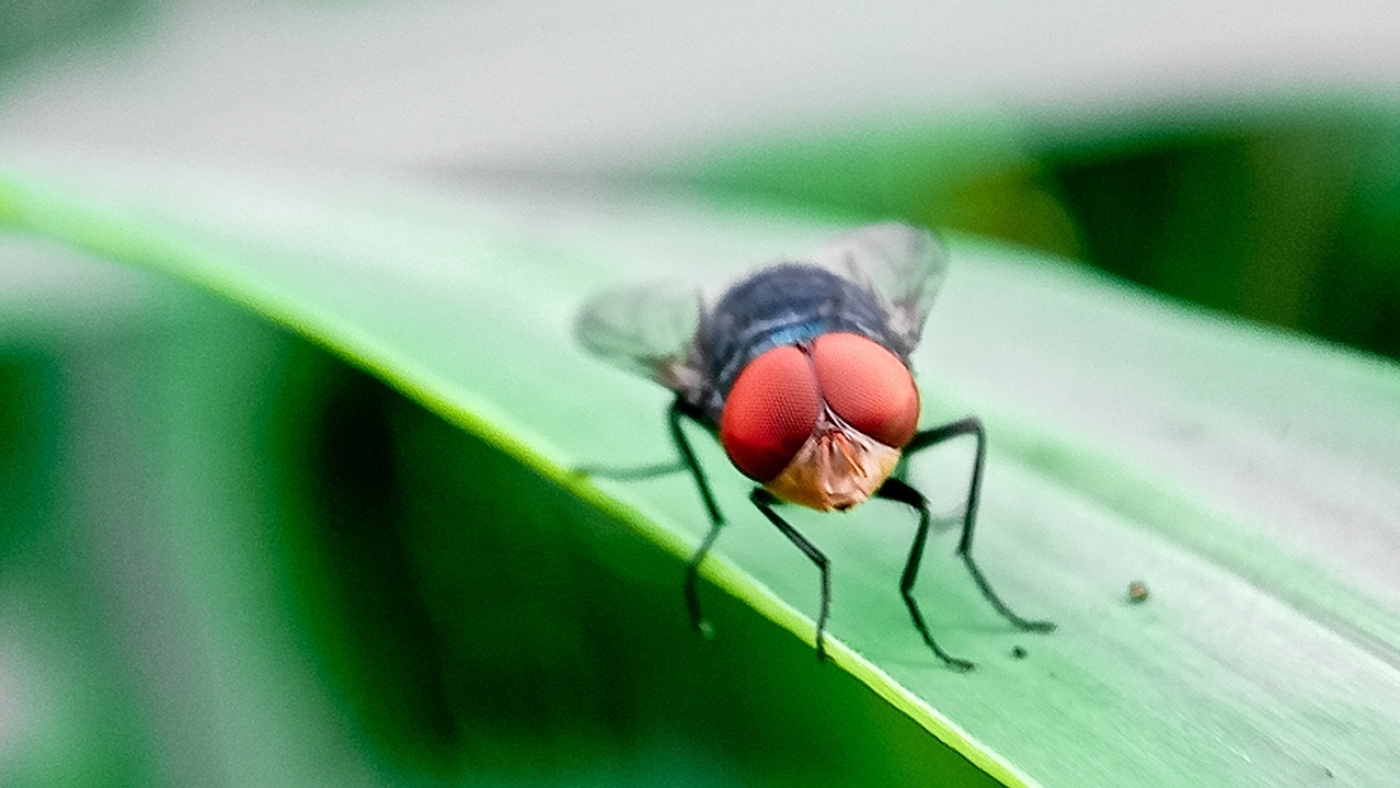Concerns about a flesh-eating parasite have led U.S. officials to halt all imports of live cattle, horses, and bison from Mexico. This decision was made due to the alarming northward spread of the New World screwworm, detected in southern Mexico over the past year.
Agriculture Secretary Brooke Rollins stated that protecting animals and ensuring food safety is crucial. She emphasized, “This issue is not about politics; it’s about safety.”
The New World screwworm is a parasitic fly that lays its eggs in open wounds or on mucous membranes of animals, and occasionally, humans. The resulting maggots feed on flesh and blood. If untreated, these infestations can kill a full-grown cow within one to two weeks.
Historically, efforts to eradicate this pest date back decades. In the 1960s and ’70s, the U.S. and Mexico successfully eliminated the New World screwworm by releasing millions of sterile flies. This method created a barrier that kept the flies from entering the U.S. Despite some sporadic cases, the pest was largely kept at bay.
However, outbreaks peaked again recently, with significant surges reported in Central America, raising alarms among agricultural officials. In 1976, Texas faced a severe outbreak, impacting over 1.4 million cattle. A modern-day outbreak could cost Texas an estimated $1.8 billion, according to USDA data.
Because of the recent resurgence near the U.S. border, the U.S. temporarily suspended live animal trade in November, which was lifted in February after both countries enacted new measures against the screwworm. The current import ban remains in place and will be revisited monthly until a safer status is confirmed.
The New World screwworm showcases how past experiences can guide today’s actions. Agriculture officials are committed to keeping this parasite from spreading further, ensuring the health of livestock and the safety of the food supply.
For more information on the New World screwworm, you can visit the USDA’s official page.




















